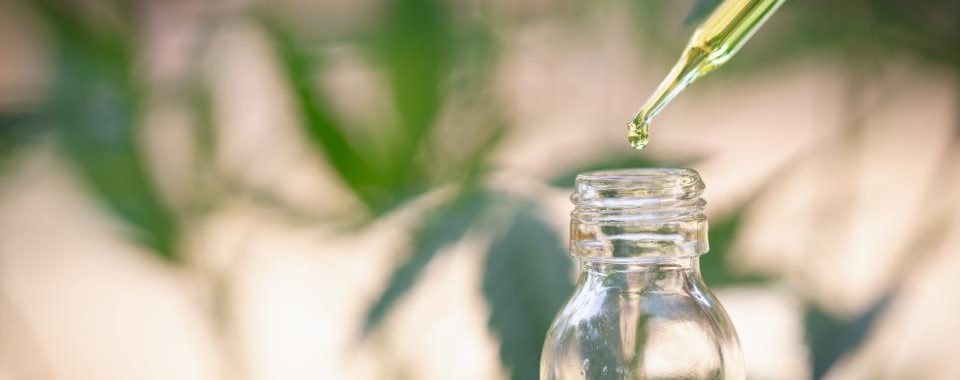Abstract, published in Epilepsia
Four pivotal randomized placebo-controlled trials have demonstrated that “add-on” therapy with cannabidiol (CBD) improves seizure control in patients with Dravet syndrome (DS) and Lennox-Gastaut syndrome (LGS). Between 47% and 68% of patients given CBD treatment in these trials were receiving clobazam (CLB), which shows complex interactions with CBD resulting in an increased in concentration of the active metabolite norclobazam. This raises concern as to the role played by these interactions when evaluating the reduction in seizure frequency in CBD-treated patients, and the question of whether CBD alone has clinically significant antiseizure effects.
This study appraised available evidence on the clinical consequences of the CBD-CLB interaction, focusing on subgroup analyses of seizure outcomes in patients on and off CLB comedication in the pivotal CBD trials. Evaluation of the results of individual trials clearly showed that improvement in seizure control over placebo was greater when CBD was added on to CLB than when it was added on to other medications. However, seizure control was also improved in patients off CLB, and despite the small sample size, the difference vs placebo was statistically significant in one of the two LGS trials.
Stronger evidence for an antiseizure effect of CBD independent of an interaction with CLB comes from analyses of seizure outcomes in the pooled population of LGS and DS patients not receiving CLB comedication. Although these results need to account for methodological limitations, they provide the best clinical evidence to date that CBD exerts therapeutic effects in patients with epilepsy that are independent of its interaction with CLB. Greater antiseizure effects and a greater burden of adverse effects, are observed when CBD is combined with CLB.

